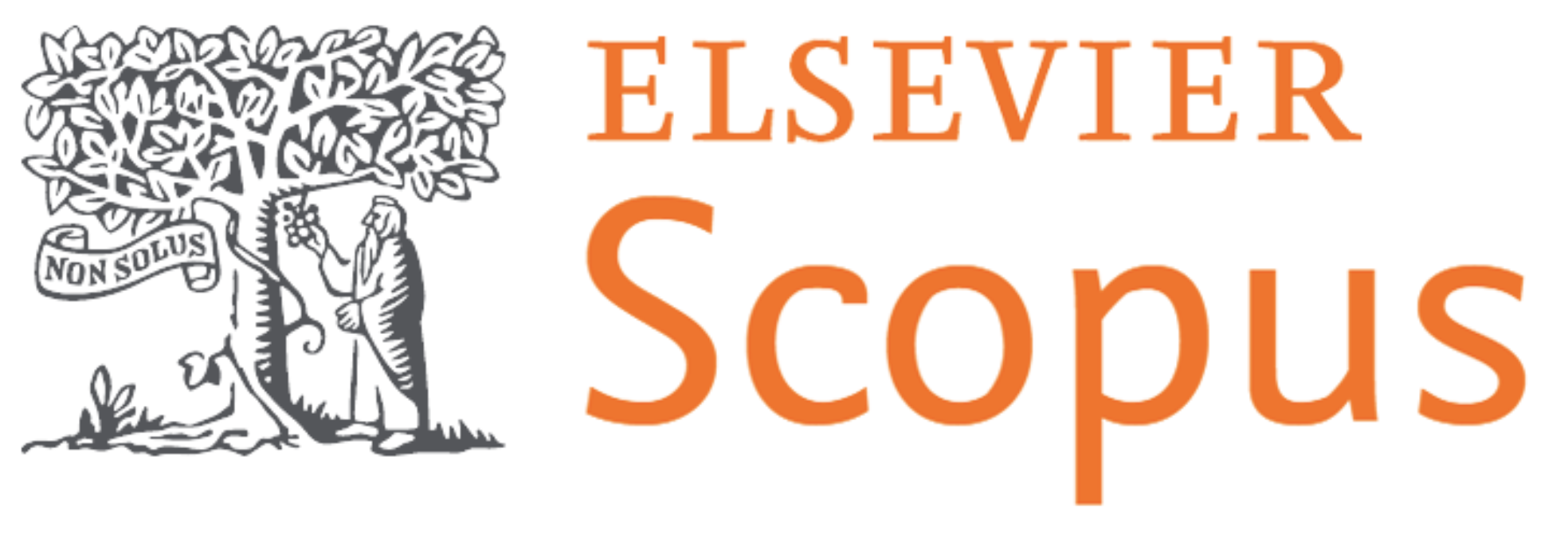Intensification with Equilibrium: Challenges for the Sustainable Production of Food
DOI:
https://doi.org/10.17765/2176-9168.2013v6n2p%25pKeywords:
Agriculture, Food Crisis, Environmental Equilibrium, Hunger, Food Safety.Abstract
Perspectives in world population growth and increase in food demand have triggered discussions on actions that would warrant sustainable food safety and dominance. Current essay presents a historical analysis on the strategies adopted by world organizations by identifying challenges in agribusiness related to food safety. The exploratory and qualitative analysis evidenced food challenges, related to agricultural and cattle-breeding activities, to the environment and social questions and to activities and technologies that contribute towards a more sustainable production. Results show one of the greatest challenges in the field during the 21 st century, or rather, the development of a doubly green revolution, with dynamic and structured features, aiming at progress. The development of biotechnology has embodied techniques and practices that minimize environmental impacts. Specific studies contribute towards genetic improvement (vegetal and animal) and provide food production in places with droughts and low fertility soils. Technological progress should be developed according to the local producers ? customs so that they would employ their tools in the most efficient wayDownloads
Published
2012-12-20
How to Cite
Dill, M. D., Souza, A. R. L. de, Gianezini, M., & Oliveira, T. E. de. (2012). Intensification with Equilibrium: Challenges for the Sustainable Production of Food. Revista Em Agronegócio E Meio Ambiente, 6(2). https://doi.org/10.17765/2176-9168.2013v6n2p%p
Issue
Section
Agrobusiness
License
A Revista se reserva o direito de efetuar, nos originais, alterações de ordem normativa, ortográfica e gramatical, com o intuito de manter o padrão culto da língua, respeitando, porém, o estilo dos autores. As opiniões emitidas pelos autores são de sua exclusiva responsabilidade.Os direitos autorais pertencem exclusivamente aos autores. Os direitos de licenciamento utilizado pelo periódico é a licença Creative Commons Attribution
 Creative Commons Atribuição 4.0 Internacional. São permitidos o compartilhamento (cópia e distribuição do material em qualquer meio ou formato) e adaptação (remixar, transformar, e criar a partir do trabalho, mesmo para fins comerciais), desde que lhe atribuam o devido crédito pela criação original.
Creative Commons Atribuição 4.0 Internacional. São permitidos o compartilhamento (cópia e distribuição do material em qualquer meio ou formato) e adaptação (remixar, transformar, e criar a partir do trabalho, mesmo para fins comerciais), desde que lhe atribuam o devido crédito pela criação original.










